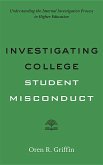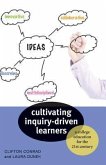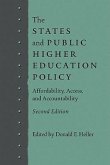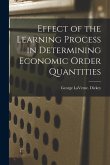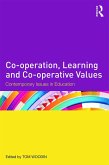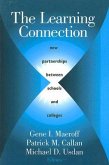Is a renaissance of teaching and learning in higher education possible? One may already be underway. The COVID-19 pandemic fundamentally changed how colleges and universities manage teaching and learning. Recentering Learning unpacks the wide-reaching implications of disruptions such as the pandemic on higher education. Editors Maggie Debelius, Joshua Kim, and Edward Maloney assembled a diverse group of scholars and practitioners to assess the impacts of the pandemic, as well as to anticipate the effects of climate change, social unrest, artificial intelligence, financial challenges, changing demographics, and other forms of disruption, on teaching and learning. These contributors are leaders at their institutions and draw on both the Scholarship of Teaching and Learning (SoTL) as well as their lived experiences to draw important lessons for the wider postsecondary ecosystem. The collection features faculty, staff, and student voices from a range of public and private institutions of varying sizes and serving different populations. Covering timely topics such as institutional resiliency, how to create transformational change, digital education for access and equity, and the shifting institutional data landscape, these essays serve as a compelling guide for how colleges and universities can navigate inevitable changes to teaching and learning. Faculty and staff at centers for teaching excellence or centers for innovation, university leaders, graduate students in learning design programs, and anyone interested in the evolution of teaching and learning in the twenty-first century will benefit from this prescient volume. Contributors: Bryan Alexander, Drew Allen, Isis Artze-Vega, Betsy Barre, Randy Bass, MJ Bishop, Derek Bruff, Molly Chehak, Nancy Chick, Cynthia A. Cogswell, Jenae Cohn, Tazin Daniels, Maggie Debelius, David Ebenbach, Megan Eberhardt-Alstot, Kristen Eshleman, Peter Felten, Lorna Gonzalez, Michael Goudzwaard, Sophia Grabiec, Sean Hobson, Kashema Hutchinson, Amanda Irvin, Jonathan Iuzzini, Amy Johnson, Briana Johnson, Matthew Kaplan, Whitney Kilgore, Joshua Kim, Sujung Kim, Suzanna Klaf, Martin Kurzweil, Natalie Landman, Jill Leafstedt, Katie Linder, Sherry Linkon, Edward Maloney, Susannah McGowan, Isabel McHenry, Rolin Moe, Lillian Nagengast, Nancy O'Neill, Adashima Oyo, Matthew Rascoff, Libbie Rifkin, Katina Rogers, Catherine Ross, Annie Sadler, Monique L. Snowden, Elliott Visconsi, Mary Wright


